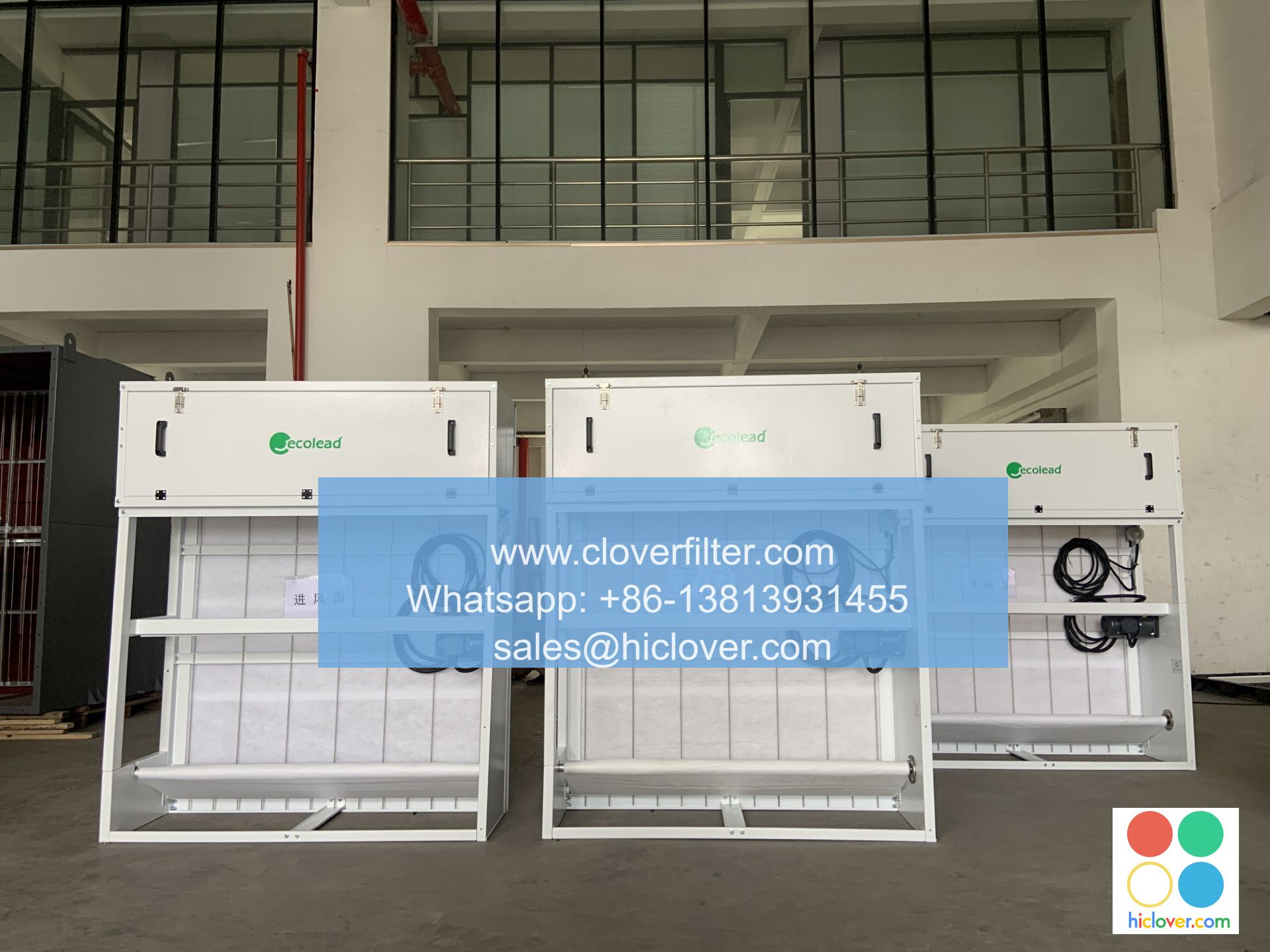The Top 10 Energy-Efficient Air Filter FAQs

Energy-Efficient Air Filter FAQs: Top 10 Questions Answered
As concerns about energy consumption and environmental sustainability continue to grow, it’s essential to consider the role of air filters in our daily lives. Energy-efficient air filters can significantly reduce energy consumption, improve indoor air quality, and lower carbon emissions. In this article, we’ll address the top 10 FAQs about energy-efficient air filters, highlighting their applications, benefits, and installation guidelines.
FAQ 1: What are energy-efficient air filters?
Energy-efficient air filters are designed to minimize energy consumption while maintaining air quality. They use advanced materials and technologies to reduce airflow resistance, allowing fans and blowers to operate at lower speeds, which in turn reduces energy consumption.
FAQ 2: What are the benefits of energy-efficient air filters?
Energy-efficient air filters offer numerous benefits, including:
- Reduced energy consumption: By reducing airflow resistance, energy-efficient air filters can help reduce energy consumption by up to 30%.
- Improved indoor air quality: Energy-efficient air filters can capture smaller particles and pollutants, improving indoor air quality and reducing health risks.
- Longer filter life: Energy-efficient air filters are designed to capture more pollutants, extending their lifespan and reducing maintenance costs.
- Cost savings: Energy-efficient air filters can help reduce energy costs and maintenance expenses.
- High-efficiency particulate air (HEPA) filters
- Electrostatic precipitator (ESP) filters
- Activated carbon filters
- Pleated filter media
- MERV-rated filters
- Airflow requirements: Choose a filter with the correct airflow rating for your system.
- Particle capture requirements: Select a filter with the correct MERV rating for your application.
- Environmental factors: Consider the level of pollution and humidity in your environment.
- Budget: Balance energy efficiency with cost considerations.
- Shut off the power to the system.
- Remove the old filter and dispose of it properly.
- Inspect the filter housing and clean it as needed.
- Install the new filter, ensuring it’s properly seated and secured.
- Turn on the power and test the system.
- Office buildings
- Hospitals
- Schools
- Restaurants
- Hotels
- Homes
- Apartments
- Condominiums
- Replace the filter as recommended by the manufacturer.
- Clean the filter housing regularly.
- Monitor the system’s airflow and pressure.
- Perform routine filter inspections.
- Manufacturing facilities
- Power plants
- Chemical processing plants
- Oil refineries
FAQ 3: What are the different types of energy-efficient air filters?
There are several types of energy-efficient air filters, including:
FAQ 4: How do I choose the right energy-efficient air filter for my application?
When selecting an energy-efficient air filter, consider the following factors:
FAQ 5: How do I install an energy-efficient air filter?
To install an energy-efficient air filter, follow these steps:
FAQ 6: Can energy-efficient air filters be used in commercial applications?
Yes, energy-efficient air filters can be used in various commercial applications, including:
FAQ 7: Are energy-efficient air filters suitable for residential applications?
Yes, energy-efficient air filters can be used in residential applications, including:
FAQ 8: How do I maintain an energy-efficient air filter?
To maintain an energy-efficient air filter, follow these guidelines:
FAQ 9: Can energy-efficient air filters be used in industrial applications?
Yes, energy-efficient air filters can be used in various industrial applications, including:
FAQ 10: Are energy-efficient air filters a cost-effective solution?
Yes, energy-efficient air filters can be a cost-effective solution in the long run. While the initial cost may be higher, the reduced energy consumption and extended filter life can lead to significant cost savings over time.
Energy-efficient air filters offer a range of benefits, from improved indoor air quality to reduced energy consumption. By understanding the top 10 FAQs about energy-efficient air filters, you can make informed decisions about selecting and installing the right filter for your application. Whether you’re a commercial or residential property owner, or an industrial operator, energy-efficient air filters can help you reduce your energy consumption and environmental impact.
It seems like you’re ready to start a conversation! I’m here to help with any questions or topics you’d like to discuss. What’s on your mind?


